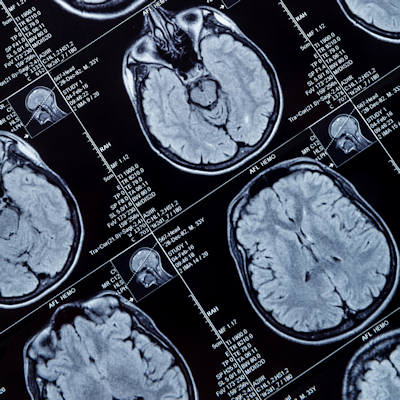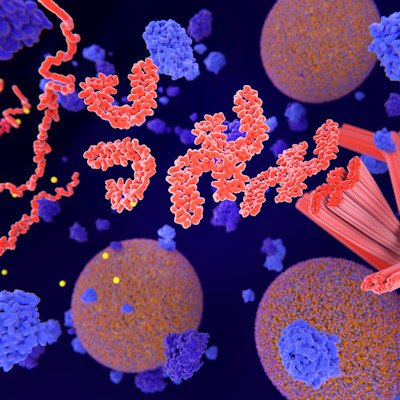November 7, 2022 -- For neurodegenerative diseases, one size does not fit all, and that’s why UCLA researchers have emphasized the importance of taking sex differences into account in a new study. The effect of certain X chromosome genes in females (XX) compared with males (XY) can be assessed for their role in neurodegeneration during aging, thus offering a roadmap for clinicians in treating these diseases.
The researchers explain that there are gene expression differences from one brain region to another in neurons, microglia, astrocytes, and oligodendrocytes (Journal of Experimental Medicine, November 4, 2022). For instance, RNA sequencing of oligodendrocytes in the corpus callosum during remyelination after cuprizone-mediated demyelination suggests that targeting estrogen response elements of cholesterol synthesis genes may be a strategy for enhancing remyelination.
Understanding the effect of biological sex on cell-specific and region-specific transcriptomes in the central nervous system can point to novel treatments targeting neurodegeneration optimized for women and men, according to the researchers.
Future research should focus on region-specific and sex-specific differences in microglia because microglia reside at the intersection of immune and neurodegenerative mechanisms. Studies such as these would determine whether sex hormones, sex chromosomes, or both contribute to sex differences in neurodegeneration across a person's lifespan, the scientists said.
Copyright © 2022 scienceboard.net










